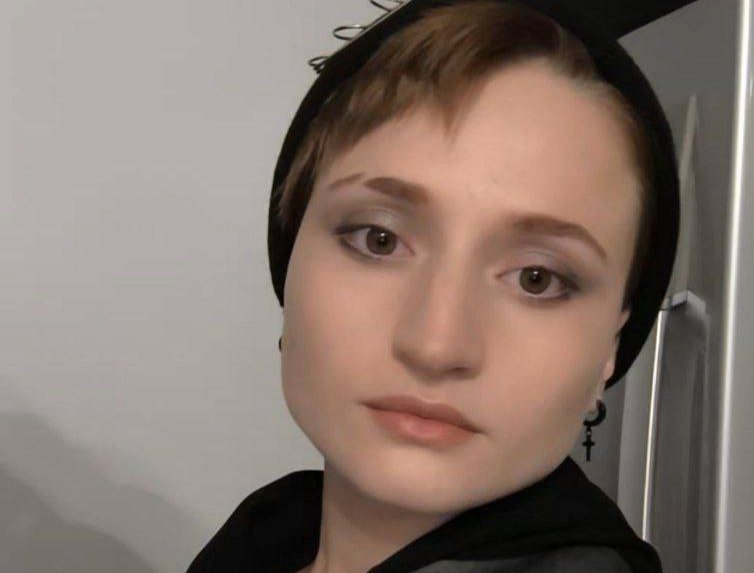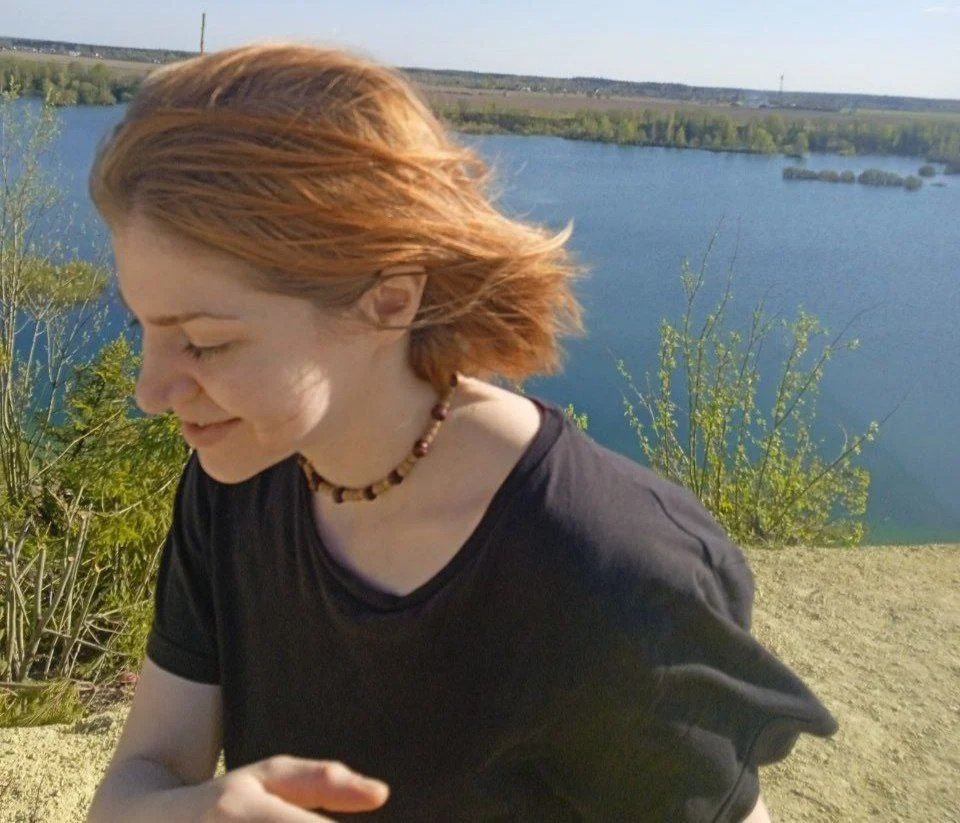On Monday, Armenian police announced that they had found the body of a young woman in a rented apartment in the capital, Yerevan. The body was that of Aishat Baymuradova, a 23-year-old Chechen woman who had been reported missing three days earlier.
Baymuradova had gone to meet a woman she knew from Instagram. It later emerged that this new friend’s subscribers included people with close ties to Ramzan Kadyrov, the head of Chechnya, the very republic in the North Caucasus Baymuradova had fled.
Not long ago, a woman with the username Cherto wrote to me on Telegram. I’d already noticed her in the comments section to posts about the persecution of activists by the Kadyrov elite in Chechnya, where she would get into lively debates with anyone defending the Chechen security forces. For a person using their own photo and whose posts made it obvious where they lived, this seemed either reckless or bold.
She wanted to know where I was from, but I was afraid to answer and ignored her. On Friday, I saw the news that a young Chechen woman, Aishat Baymuradova, had gone missing in Yerevan. I looked at the photo and realised it was the same woman who had written to me.

Aishat Baymuradova. Photo: ASTRA
Baymuradova ran away from home last year. According to human rights activists who wished to remain anonymous, she was married off very young, had a child, and suffered systematic violence at the hands of her husband, and before that, her father.
“It took us a long time to prepare for her evacuation,” one human rights activist involved told Novaya Europe. “We expected her relatives to actively come looking for her.”
European countries are often hesitant to grant visas on humanitarian grounds to Russians “and even less so to people from the North Caucasus”.
Baymuradova was taken to Armenia, and from there she eventually hoped to move to Europe. But her story turned out to be “not severe enough” for any European country to offer sanctuary, the activist said, adding that European countries are often hesitant to grant visas on humanitarian grounds to Russians “and even less so to people from the North Caucasus”.
Human rights activists say that at the time of Baymuradova’s escape, her relatives said they would not come looking for her — no doubt largely down to Baymuradova having left the child with her ex-husband.
But unlike many other escapees, she did not go into hiding after she fled Chechnya. Instead, she was active on social media and posted photos of herself with short hair, bare shoulders and wearing trousers. She practised a lot of sports and looked increasingly like Ellie from the video game series The Last of Us, a post-apocalyptic survival story, right down to the same incision through one eyebrow.
Baymuradova would get into heated debates on social media both with Kadyrov supporters and those who insulted other people who had fled the North Caucasus. Sometimes the spats got personal, at which point she published photos and personal details of her sparring partners, receiving threats and insults from them in return.
“She took no security precautions, and actively told our other clients to oppose the authorities and speak out publicly too.”
“She took no security precautions, and actively told our other clients to oppose the authorities and speak out publicly too. We told her not to on many occasions,” the human rights activist says.
On 15 October, she went to meet a new friend from Instagram, a woman going by the name of Karina, who said she had come to Yerevan from Dagestan, another republic in the Russian North Caucasus. It emerged that Karina was not from the North Caucasus, but had been to Chechnya several times, and her subscribers included people from Kadyrov’s entourage, such as Rubati Mitsaeva, who became famous during the Russian-Chechen wars, having first sided with the independence movement, but then moved to Europe and criticised Kadyrov.
In 2021, Mitsaeva posted a personal video message to Kadyrov, asking him for forgiveness and permission to return home. He agreed and she returned to Chechnya amid much fanfare, with journalists and politicians waiting as she came off the plane. Once back in Kadyrov’s Chechnya, her job was to remind people just how terrible Europe-based independence supporters were. Interestingly, Mitsaeva is a German citizen and her son still lives in the country.

Seda Suleymanova. Photo: Where is Seda?
On 17 October, Russian activist Daniil Chebykin posted on social media to say that Baymuradova had not been in touch for three days and that her friends feared she had been forcibly returned to Chechnya. But the truth was even worse.
On Monday, the Armenian police reported that Baymuradova had been found dead in an apartment on Demirchyan Street in Yerevan. The circumstances of her death remain unclear. Human rights activist Lidia Mikhalchenko told independent outlet Agentstvo that she had been strangled, though this remains unverified. Karina, whom she had gone to meet, deleted her social media accounts when news of the death emerged.
Activists believe honour killings and the attempted kidnapping of Chechen women who fled their homes are likely to continue.
Mikhalchenko is confident that Baymuradova is the latest victim of a so-called “honour killing”, and that the murder was planned in advance, she told news outlet Caucasian Knot. A further possible victim of an “honour killing” is Seda Suleymanova, a Chechen woman who was kidnapped from St. Petersburg and returned to Chechnya against her will in August 2023. She is now missing and presumed dead.
Another Chechen woman who left her family to escape domestic violence, Laura Avtorkhanova, was briefly abducted by her relatives in Georgia in July, but managed to go free with the help of lawyers and human rights activists.
Activists believe honour killings and the attempted kidnapping of Chechen women who fled their homes are likely to continue. Such killings “merely become more sophisticated and organised, more planned and more brazen,” an anonymous human rights activist told Caucasian Knot.
Join us in rebuilding Novaya Gazeta Europe
The Russian government has banned independent media. We were forced to leave our country in order to keep doing our job, telling our readers about what is going on Russia, Ukraine and Europe.
We will continue fighting against warfare and dictatorship. We believe that freedom of speech is the most efficient antidote against tyranny. Support us financially to help us fight for peace and freedom.
By clicking the Support button, you agree to the processing of your personal data.
To cancel a regular donation, please write to [email protected]

